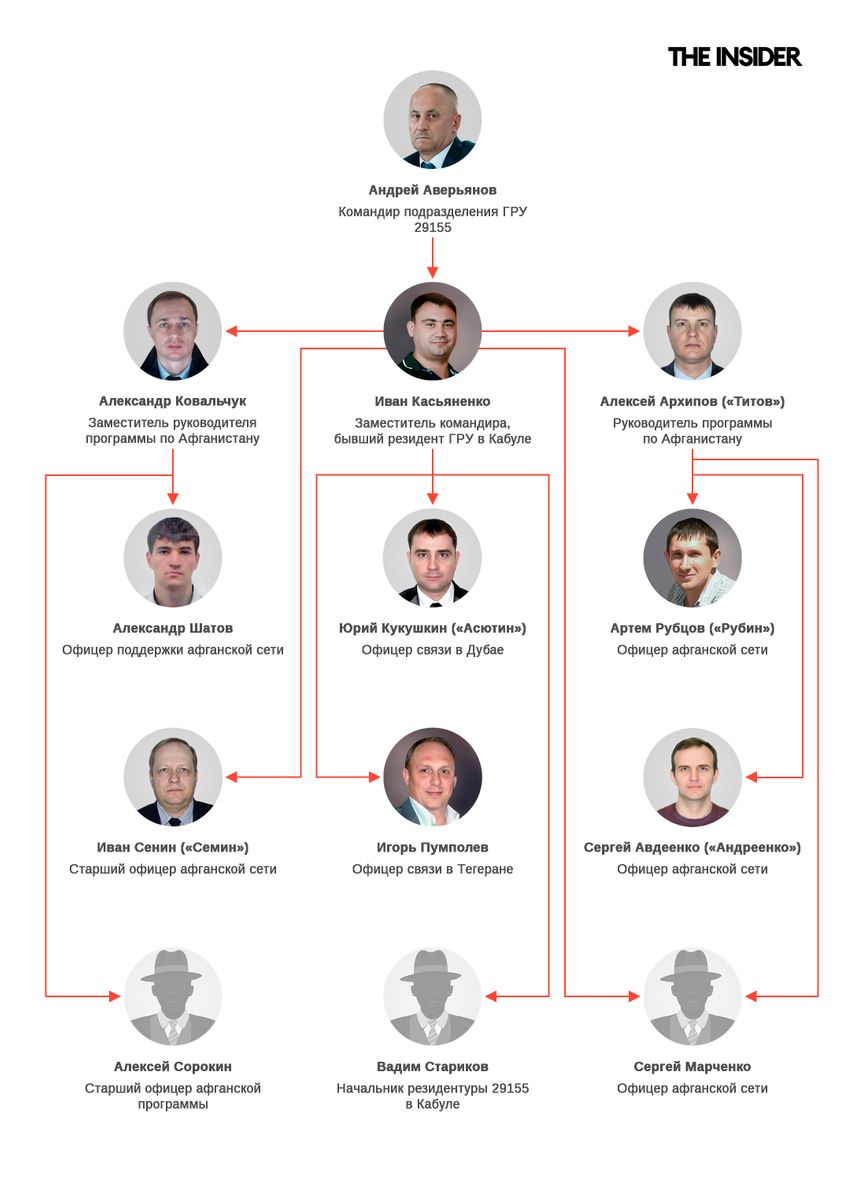Russian GRU Financed Taliban Attacks on U.S. Targets and Citizens
8 January, 2025 Illustration photo of the Taliban. Photo from open sources The Main Directorate of the General Staff of the Russian Federation (GRU) paid the Afghan Taliban group to kill U.S. citizens.
This claim was detailed in an investigation published by The Insider, a Russian media outlet. The Insider journalists managed to find evidence of the existence of such a program, and identified GRU officers who were involved in it.
Terrorist attacks sponsored by Russia
The Insider journalists interviewed four former Afghan civil servants, three of whom held senior positions in the National Security Directorate before the Taliban seized power in 2021. All four independently claimed that terrorist attacks in the country, including the December 11, 2019, attack on Bagram and the March 1, 2019, attack in Helmand, were sponsored by Russia.
According to sources cited by investigative journalists, Russia has been attempting to interfere in Afghanistan's affairs since the establishment of the Interim Administration in December 2001.
 Illustration photo of the Taliban. Photo from open sources
Illustration photo of the Taliban. Photo from open sources
According to jousrnalists, initially, the Kremlin sabotaged the U.S.-led intervention in the country through its networks in local intelligence services and the army, created during the Soviet occupation of Afghanistan. Following the coalition forces' invasion of Afghanistan, these networks largely lost their effectiveness due to reforms and lustration efforts.
According to former Afghan officials, Iran then offered to mediate with Taliban commanders to supply them with Russian weapons and money. Subsequently, the GRU established direct contacts with the Taliban. At first, it was the recruitment of individual militants, then the supply of weapons and ammunition through Tajikistan, and finally the financing of terrorist attacks.
Financing the killings
According to Douglas London, who was responsible for counterterrorism in South and Southwest Asia at the CIA from 2016 to 2018, the Kremlin wanted the Taliban to focus more on killing Americans and less on killing Afghans.
They offered financial rewards to encourage militants to take greater risks by attacking American targets in Afghanistan. The Afghanistan National Security Agency (NSA) learned of this practice in mid-2019 during interrogations of detained Taliban fighters. As a result of these interrogations, the NSA was able to arrest more than 10 people from Kabul, Kunduz and Logar provinces who worked for the GRU as couriers and transported money under the control of a former smuggler from Kunduz named Rahmatullah Azizi.
 Rahmatullah Azizi (left) and his brother Hedayatullah Azizi swim along the Moskva River with the Russian Ministry of Defense in the background.
Rahmatullah Azizi (left) and his brother Hedayatullah Azizi swim along the Moskva River with the Russian Ministry of Defense in the background.
Source: The Insider
The bounties averaged £200,000 for each killed U.S. or coalition soldier (Afghan soldiers were paid less). In total, according to one of the former NSA employees, Russia paid the Taliban at least £30 million. According to him, large sums were also given to other groups that were in conflict with the government, including payments of £15 million to the leaders of the Northern Alliance in 2017 and 2018.
Leaders from the GRU
The head of the terrorist financing program, as The Insider found out, was Russian Lieutenant General Ivan Kasyanenko, deputy commander of the 29155 military unit.
Since 2008, Kasyanenko served as a military attache in Tehran and was transferred to Kabul no later than 2015. This is consistent with the statement of the NSA representatives that Russia initially acted through Iran, and then began to finance the Taliban directly.
 MUN 29155. Source: The Insider
MUN 29155. Source: The Insider
Border crossing data reviewed by The Insider shows that between 2014 and 2020, he traveled frequently between Moscow and Kabul.
The GRU's main liaison with the Taliban is Colonel Alexei Arkhipov, who travels under the alias Alexei Titov.
Call metadata and emails available to The Insider indicate that Arkhipov played a major role in organizing the first visits of the Taliban delegation to Moscow in November 2018, February 2019, and May 2019.
The third key participant in the program was another member of the military unit 29155, Artem Rubtsov.